Asia/ China/ 18.02.2020/ Source: www.theguardian.com.
China has agreed to relax its internet restrictions, after lobbying from the higher education sector, so international students can study online while they are banned from Australia during the coronavirus outbreak.
Currently more than 100,000 Chinese students, who already have Australian student visas and were planning on commencing their studies this month, are stranded outside of Australia as a result of the government’s 14-day travel ban from mainland China.
On Wednesday, Australia’s Global Reputation Taskforce – an emergency council of universities and education providers – met with education minister Dan Tehan and trade minister Simon Birmingham to discuss how they could limit the potential $8bn hit to the economy.
Phil Honeywood, the chair of the taskforce, told Guardian Australia the ministers had secured new pathways for online courses – which would let isolated students keep their Australian enrolments.
But he warned that a visa approval freeze means Australia could “absolutely lose out” to competitors as Chinese students could easily “go down the road” and obtain student visas for the US, the UK or Canada instead.
The government has not yet announced if the travel ban will be extended by another fortnight, but education providers are “not optimistic” and preparing for the worst.
Honeywood, who is also the head of the International Education Association of Australia, said internet restrictions would be lifted for students, so they could reach university portals for lecture recordings and slides, among other sites.
“There have been challenges over many years with online learning into China but the Chinese government has acknowledged that a more effectual arrangement is appropriate because of the isolation,” he said.
“We’ve been able to make good progress on online learning options into China. There have been really worthwhile negotiations with the Chinese embassy. A number of platforms have been agreed to to deliver online courses to students who are offshore still.
“Not all courses will be suited to online delivery. There will be issues with which units of study can be provided, for what period of time. [But] it is definitely a better situation than we were facing a couple of weeks ago.”
But the universities are concerned that new visa delays, combined with the travel ban, mean Australia could lose out to other countries.
New student visa approvals have been frozen by the department of home affairs since 1 February, even for students who have already been accepted by Australian universities.
Acting immigration minister Alan Tudge confirmed to the Australian that the department was “not finalising applications for individuals currently in mainland China” due to “enhanced border measures”.
International students contributed $34bn to the Australian economy last year. Australia’s main competitors for Chinese students, Canada, the US and the UK run on a different academic year, starting in September, meaning they are less disrupted by the coronavirus outbreak this year.
“The issue we have got is visas allegedly bring processed but not approved,” Honeywood said.
“A bird in the hand is worth two in the bush. If you’re a student, and you can’t get an Australian student visa to travel, any time you can go down the road to the Canadian embassy or the US embassy and they are still happily approving visas.
“Chinese students, even if they can’t travel to Australia now, once they have been given a student visa to come and study in Australia, they can once the virus is contained.
“But because no visas have been approved, they are thinking ‘How long is this going on for? Even when the virus is contained, I can’t come to Australia to study because of the whole visa process. I’ll go to Canada and the UK and delay my start date.’”
Honeywood said education minister Tehan was working with immigration minister Tudge “to get some clarification about what might be possible in that visa approval space”.
Meanwhile, individual universities are also offering alternate course schedules for affected students. Melbourne’s Monash University has already pushed back the start date of its semester by a week, while the ANU in Canberra has announced a semester during the traditional winter break to allow Chinese students to catch up on courses.
Other universities, such as the University of New South Wales, have recently changed to a trimester system, and are encouraging students to defer their enrolment to the next trimester, which starts around the beginning of June.
Honeywood said the universities “have to abide by the chief medical officer’s determination” on the length of the travel ban, but that Australia’s higher education sector was uniquely vulnerable to the delay.
“More than other study destination country, we are caught by geographic location and the fact that our academic year starts at the start of the calendar year,” he said.
“Whereas our main competitors, like Canada, the US and UK, their academic year doesn’t start until later, in September. They aren’t faced with a large influx of Chinese students wanting to commence studies until later this year. Australia and New Zealand are in a particular set of circumstances which no other competitor study destinations have.”
Source of the notice: https://www.theguardian.com/world/2020/feb/13/china-to-open-up-its-internet-for-100000-students-hit-by-australias-coronavirus-travel-ban

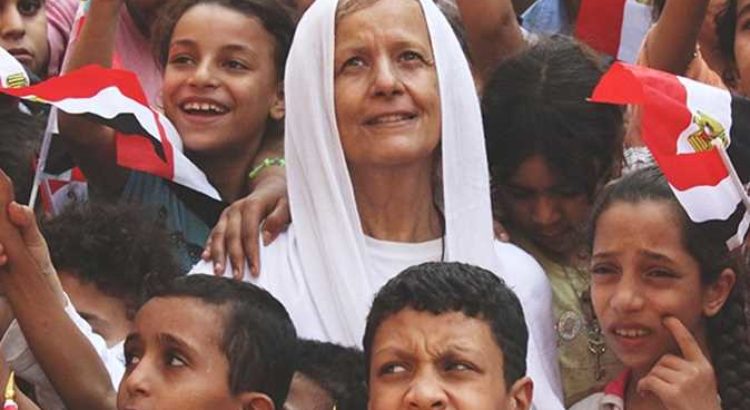
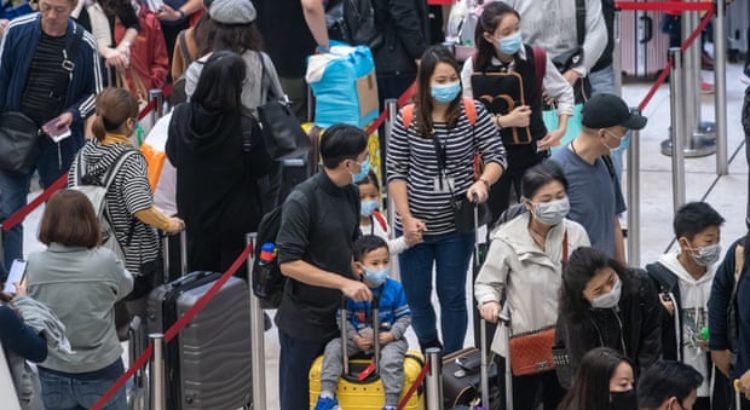
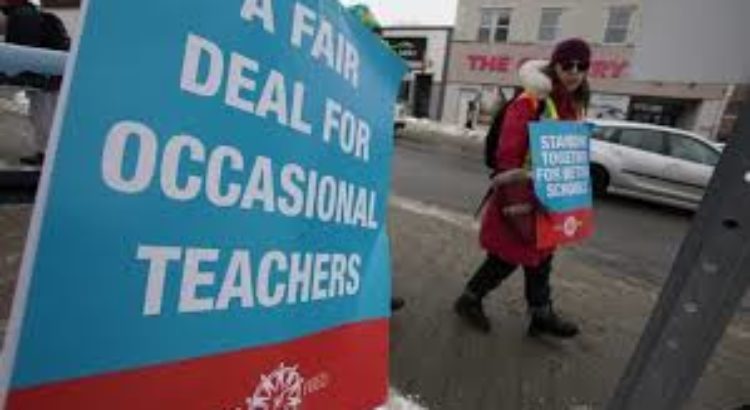

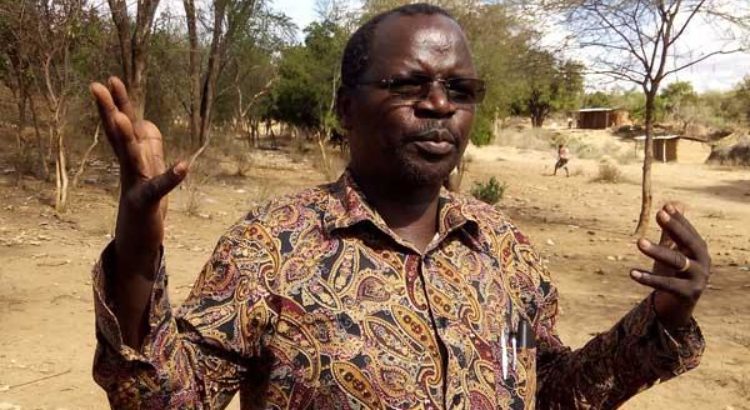

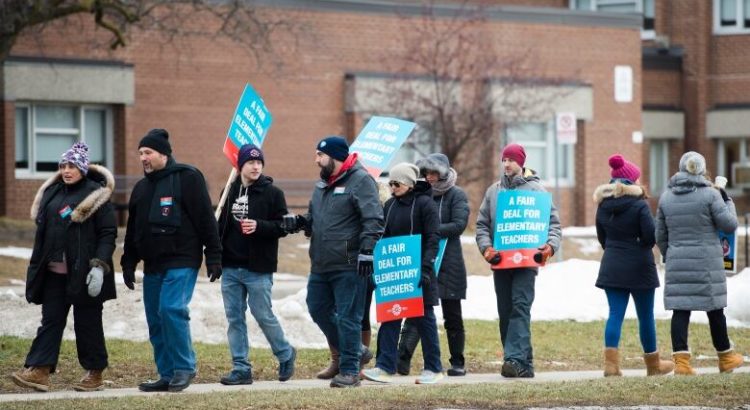









 Users Today : 22
Users Today : 22 Total Users : 35460153
Total Users : 35460153 Views Today : 36
Views Today : 36 Total views : 3418819
Total views : 3418819